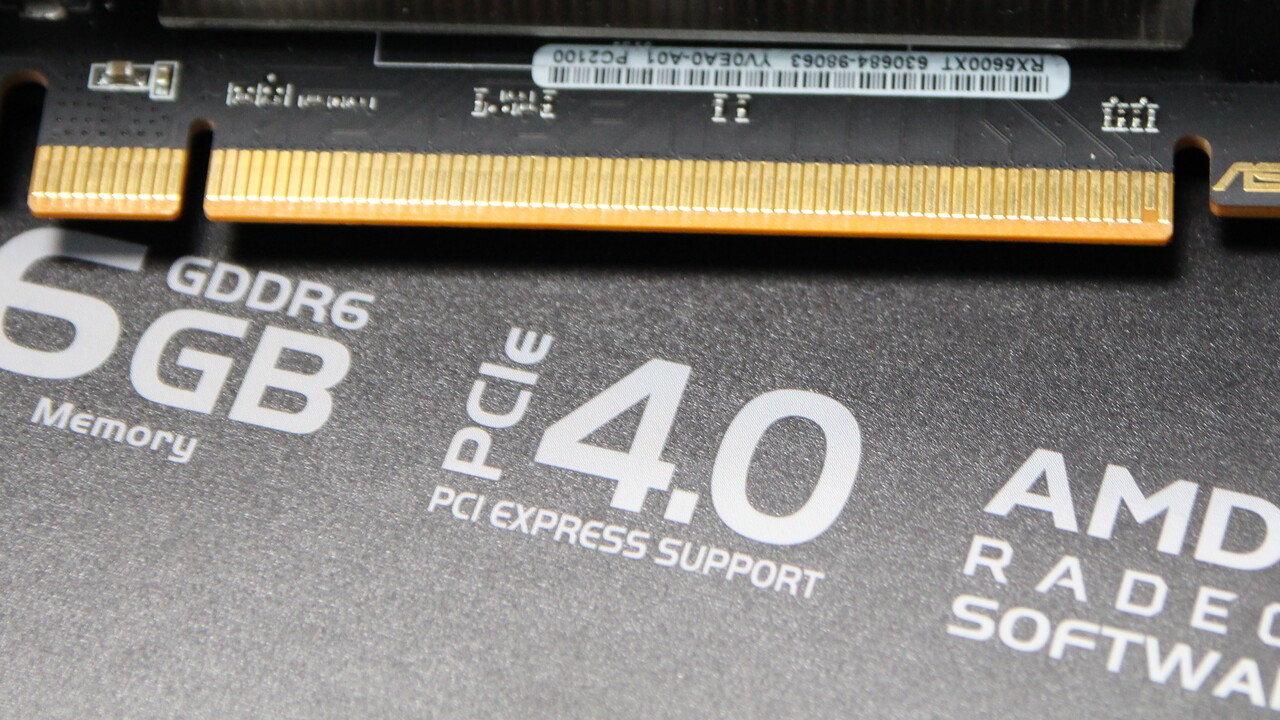I’d say pick the CPU that benches the fastest. If PCIe4 makes cards faster on Ryzen the faster go with Ryzen, if it doesn’t and Intel is still faster than use Intel.
Neither is a typical scenario, I don’t think that many gamers are buying either CPU when it comes to the i9 or R9, instead a 3600 or a maybe a 10600K is a best representation of what users may buy with a new GPU when building a new rig.
But looking at the GPUs and the fact that we aren’t likely to see any bottlenecks I don’t think it matters that much. AMD fanboys will be filled with glee to see Ryzen on a gaming GPU test bench so you may aswell throw them a bone when the CPU performance doesn’t really matter.
But I do think it’s important that if PCIe4 doesn’t affect performance that you let users know. Motherboard manufacturers and AMD seem to be very keen to promote PCIe4 but in reality most users wouldn’t be able to tell the difference over PCIe3. And I have no doubt that PCIe4 will be written all over the GPU boxes even if it has no benefit.
It also may worth bearing in mind that Ryzen 3 is apparently due to drop within the next few months and if it performs faster it will do Ryzen a dis-service as over the next year when people are reading the reviews in a few months (which is very possible, not everyone buys GPUs on release). I can definitely see confusion between Ryzen 3xxx and Zen 3 occurring. We wouldn’t want to lead users to buying Intel because it’s faster than Ryzen 3xxx when Ryzen 4xxx stuff is faster (if it’s faster).
